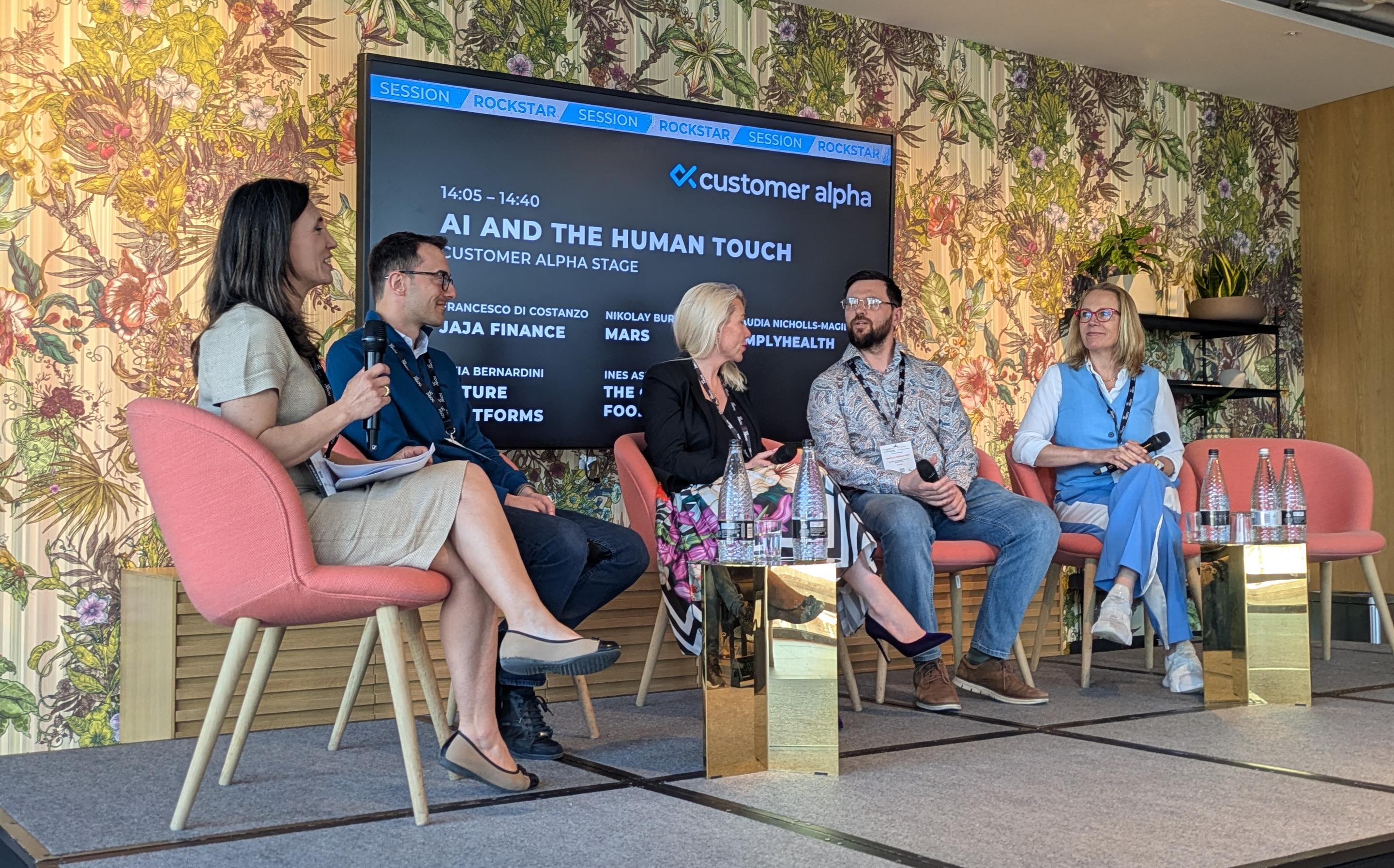Leveraging AI for Customer Experience

In the hospitality sector, customer experience is everything. In an industry predicated on enabling tourists, travellers and guests to enjoy ease, convenience, and luxury, turning a profit is incumbent upon the quality of experience that brands can deliver to consumers the world over.
In a hyper-competitive market, embracing the possibilities that new technology can provide is absolutely vital. Over the past year, AI has become ubiquitous across a swathe of other industries: helping companies to level up their efficiency and profitability.
So, what applications does AI have in the hospitality world? This article will discuss how AI can be used to improve the customer experience in this sphere, and analyse a few brands who have already leveraged this cutting-edge tech successfully. Read on to learn more.
Applications of AI in Hospitality
Let’s look at a few cases where integrating AI into existing forms of technology in the hospitality industry can benefit the brands who choose to adopt it.
Automation
First and foremost, AI technology can be used by hospitality brands, hotel chains, and restaurants to automate a number of tedious manual entry tasks, such as booking management, front desk services, and inventories. Adopting AI to conduct these tasks, in turn, helps to reduce human error, while freeing up your workforce to focus on higher-order responsibilities.
Responses to Feedback
In the world of hospitality, how quickly and well your brand responds to consumer feedback can be the difference between losing or gaining a loyal customer.
For example, Generative AI can be integrated with online platforms to instantly respond to guest reviews, thus encouraging further engagement and positive associations with your brand. Automation can also be leveraged to help deal with customer complaints or frequently asked questions — helping customers resolve any issues they might have through interaction with a chatbot.
Localisation and Language Support
In the hospitality industry, which depends on a constant cycle of globetrotting tourists visiting from all around the world, it also pays to cater to as many cultures and peoples as possible. This means that your business will be able to access a number of new and exciting revenue streams by catering to numerous different currencies and languages.
However, if the majority of your workers aren’t polyglots, then AI can be integrated into your booking platform to help translate and localise for the benefit of foreign guests who might speak another mother tongue.
For example, Canary AI is a virtual assistant that can instantly translate and communicate in over 100 languages, which allows your guests from overseas to easily access help in a language they can understand.
Increased Personalisation
Personalisation and targeted messaging are ideal ways to boost customer retention and encourage long-term loyalty. By using AI to draw upon large volumes of consumer data, your brand will be able to learn a great deal about your customers' habits, behaviours, motivations, and preferences. You can then leverage the power of AI to craft tailored suggestions for them down the line.
For example, if your brand deals in hotels, an integrated AI might pour through reams of customer data and notice that certain customers always make a journey that coincides with a major sporting fixture.
Thus, the AI would draw upon this information and make further recommendations for hotels near sports grounds in the future, which would serve to make the brand more convenient for the consumer themselves. It could also potentially upsell other service offerings, which would also serve to increase revenue even further.
Optimised Pricing
Juggling the pressures of pricing in the competitive hospitality market, especially considering the increasing cost of living, can determine how to price your services and experiences. Too low, and you’ll fail to turn a profit. Too high, and you risk alienating your potential customers.
However, leveraging AI and applying it to rate management software means that your brand can compare and analyse the pricing strategies of your direct competitors to determine the optimum pricing model for you. Furthermore, thanks to machine learning, the AI you employ will always be incrementally improving its recommendations and results, making them more dependable over time.
AI in Hospitality Case Study: Hilton Hotels & Resorts
The name Hilton is synonymous with the hospitality industry itself, and the hotel chain is a major player in the industry as a whole. Part of its stratospheric success comes down to its innovation and adoption of new tech, and AI is no different.
Powered by IBM’s AI software, Watson, Hilton has actually created its own robot, named “Connie.” Connie is designed to act as a robotic concierge who can help guests with any queries or other issues they might encounter during their stay.
Connie utilises advanced neuro-linguistic programming to interact with guests in the reception area — offering them personalised directions within the hotel, as well as recommendations for local sights and eateries in the general vicinity.
Integrate AI Into Your Business With Future Platforms
Are you looking for help in integrating AI into your own hospitality business, but don’t know where to get started? If so, Future Platforms could be the perfect partner for you. We boast a high level of prior experience working with automation and digital products to improve the customer experience and deliver dependable, long-term revenue.
Our team of experts will work alongside your brand to determine what results you want to achieve with AI. They will then be on-hand to guide you through the process of design, integration, and implementation to help you realise your key objectives.
So, if you’d like to know how we can help, then get in contact with our team today.




